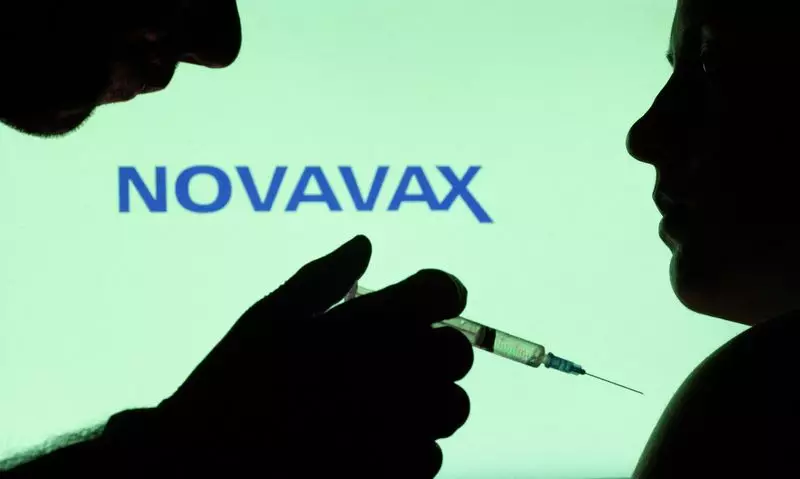In a notable shift reflecting its ongoing strategic reorientation, Novavax (NASDAQ:NVAX) announced the sale of its manufacturing facility in the Czech Republic to Novo Nordisk (NYSE:NVO) for $200 million. This maneuver is designed not only to bolster Novavax’s financial standing but also to redirect focus toward its evolving vaccine pipeline. The decision underscores the challenges faced by Novavax amidst intensifying competition in the COVID-19 vaccine domain, indicating a necessary pivot for survival and sustainable growth.
Facing Stiff Competition in the Vaccination Arena
The landscape of COVID-19 vaccine production is rife with competition, notably from established players like Moderna (NASDAQ:MRNA) and Pfizer (NYSE:PFE). In the third quarter, these companies collectively amassed over $3 billion in sales from their mRNA vaccines, revealing the competitive disadvantage Novavax has been grappling with. While Novavax once positioned itself as a formidable contender in the vaccine race, the recent sales figures highlight the company’s struggles to capture a significant market share.
Furthermore, speculation surrounding Novavax’s financial health and capacity to remain operational in 2023 adds pressure to its strategic decisions. The sale of the Czech facility is not simply a financial transaction; instead, it represents a tactical response to the immediate need for a recalibration of business strategies to fend off potential operational insolvency.
Leveraging Partnerships for Future Growth
This transaction closely follows Novavax’s extensive licensing deal with French pharmaceutical giant Sanofi (NASDAQ:SNY), valued at approximately $1.2 billion. This deal not only involves financial recompense but also entails Sanofi taking a nearly 5% stake in Novavax, a partnership that could bring valuable insights and enhancements to Novavax’s vaccine development efforts. The increase in Novavax’s stock price by about 88% since this agreement in May signals investor optimism regarding the company’s trajectory as it solidifies important alliances in the pharmaceutical space.
CEO John Jacobs remarked on the significance of selling the Czech facility as part of a broader commitment to streamline operations and build a more agile organization. This stance is emblematic of the company’s intent to shed non-essential assets while maintaining a sharp focus on innovation and effective partnership models. With an expected annual reduction of about $80 million in operating costs, the sale could turn the tide towards a more financially stable position for Novavax.
As Novavax navigates a fiercely competitive vaccine market, the sale of its Czech manufacturing facility represents a crucial step in its ongoing transformation. By emphasizing collaboration and focusing on core capabilities, Novavax aims to carve a niche for itself in an industry dominated by its rivals. The pathway ahead may be fraught with challenges, but the strategies being deployed—including rigorous asset management and alliance-building—might just be the catalyst the company needs to thrive in the future. As the dynamics of the healthcare landscape continue to evolve, Novavax’s adaptability will likely determine its longevity and relevance within the vaccine arena.

